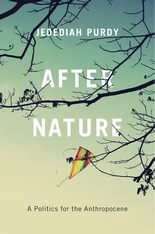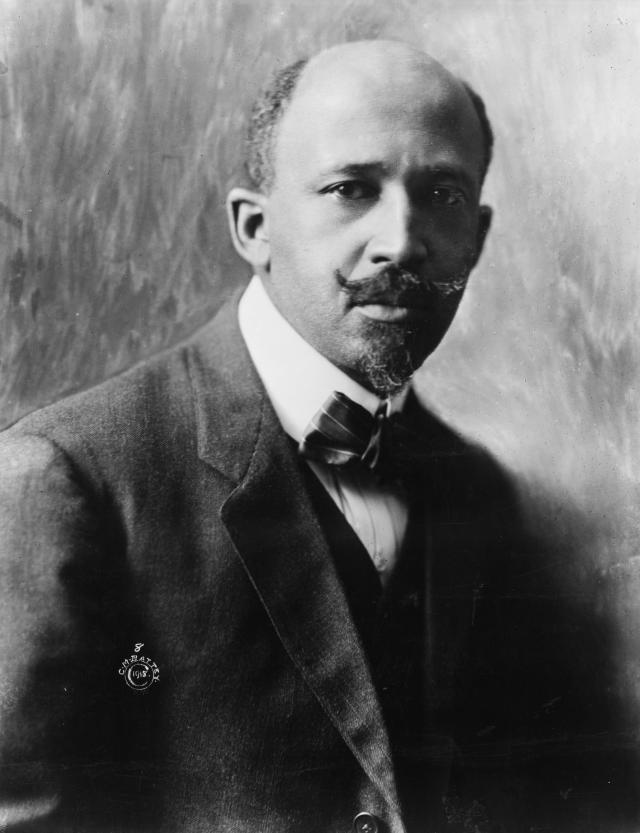In this episode, Emily and John welcome John’s colleague Gary Kroll for a discussion of Jedediah Purdy‘s After Nature: A Politics for the Anthropocene. We map the contours of the book, asking questions about the scope of the argument and both the promises and limits of its framework. Throughout we interrogate the concepts of the Anthropocene, humanism, the posthuman (are they incompatible??), and democracy, and ask what work the environmental imaginary does. In classic Always Already fashion, notions of scientific authority appear along with our favorite questions: what of capitalism, and wherefore art the feminist lens? And, how would an engagement with Indigenous cosmologies and politics transform Purdy’s own environmental imagination? Tune in to help us welcome our first guest holding the very official title Mother of Dragons!
Requests for texts for us to discuss? Dreams for us to interpret? Advice questions for us to answer? Email us at alwaysalreadypodcast AT gmail DOT com. Subscribe on iTunes or Spotify. Follow us on Twitter. Like our Facebook page. RSS feed here. Patreon here. Thanks to Bad Infinity for the intro music, “Post Digital,” from their album FutureCommons; always already thanks to B for the outro music. For the mp3 of the episode click here.
Links:
- Purdy talk about After Nature at Duke in 2015
- “The New Nature” forum at Boston Review
- Dina Gilio-Whitaker, As Long as Grass Grows: The Indigenous Fight for Environmental Justice, from Colonization to Standing Rock
- Kyle Whyte, “Indigenous environmental justice: Anti-colonial action through kinship“
- Collected Murray Bookchin writings at the Anarchist Library
- William Cronon, Uncommon Ground: Rethinking the Human Place in Nature
- Past AAP episodes of note: James’ interview with JT Roane on plotting the Black Commons and the racial capitalocene; discussion of Jane Bennett’s Vibrant Matter








